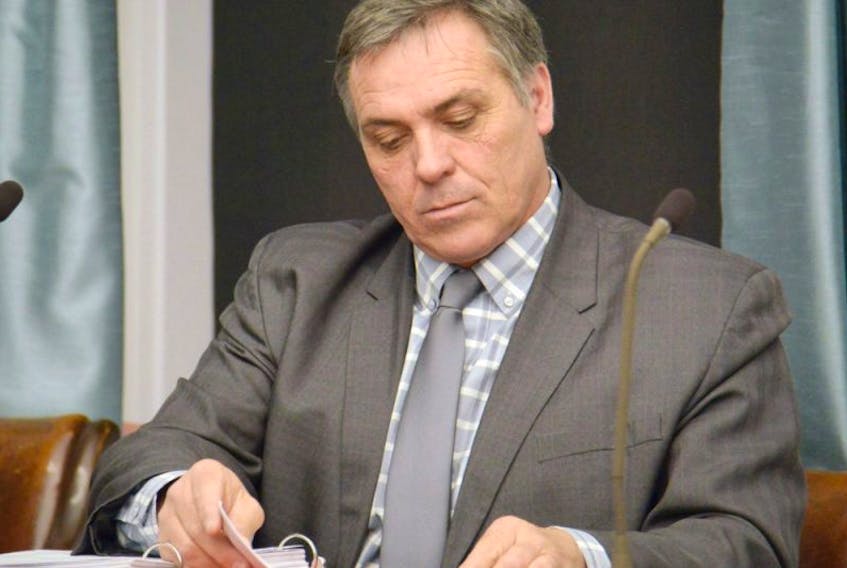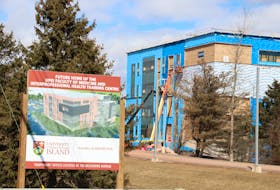The P.E.I. government now says it will consider proposals from municipalities looking to expand their borders, but which aren’t willing to go big right off the bat.
It’s a change in tone from the province.
Until now it had told municipalities looking to expand they should aim for populations close to 4,000, with a taxable land base of around $200 million. Those were the benchmarks used in the 2010 Thompson Report, which suggested P.E.I. reduce its current 73 municipalities to a handful.
However, Communities, Land and Environment Minister Robert Mitchell now says he is willing to hear proposals from municipalities who aren’t looking to go that big in their first attempt at expanding.
“It’s hard to get there in one leap. I can respect that,” he said, as part of the feedback he has received from discussions with municipalities and Federation of P.E.I. Municipalities officials. “So if they want to look at other steps along the way, certainly I would have to respect their wish to do that and support that.”
The Town of Borden-Carleton recently announced it is proposing to annex the unincorporated communities in the Borden-Carleton Fire District. If approved, the town’s population would go from 724 to about 1,500 – well short of the 4,000 people mark the province had hoped for.
“It’s a good first step,” said Mitchell, referencing the town’s proposal.
“Is it the overall step that we’re talking about when we look at the larger regionalizations? No. But it’s an good initial step.”
The federation has been outspoken recently regarding its desire to see fewer and larger municipalities.
President Bruce MacDougall said his organization’s goal is to make municipal governments more sustainable over the long term. So if that means smaller, incremental municipal enlargements instead of big regional ones – then so be it.
“What I know, and what basically the Thompson Report has said, is that the status quo is not acceptable. So however we get to less municipalities, we all need to work at it, whatever process it takes to get us there,” said MacDougall.
Many municipalities in the province are discussing annexation and amalgamation at the moment, for a variety of reasons.
One of them is the new Municipalities Act, which has been passed in the legislature but is awaiting royal assent before becoming law. It lays out minimum requirements for services municipalities are expected to provide, which many are currently too small to afford.
Opposition has also been growing to the idea of larger municipalities. The Town of Georgetown recently pulled out of long-standing talks with its neighbouring communities to amalgamate.









